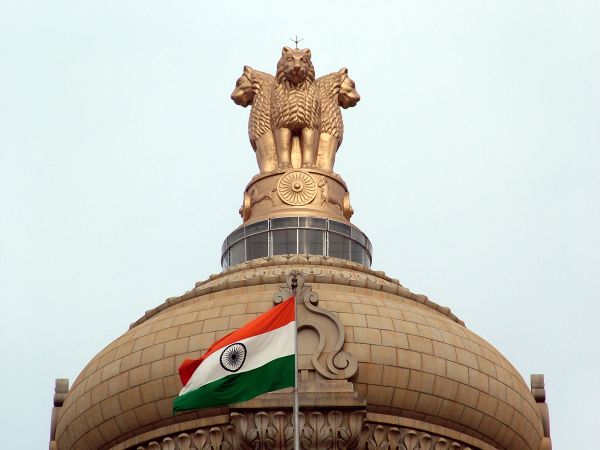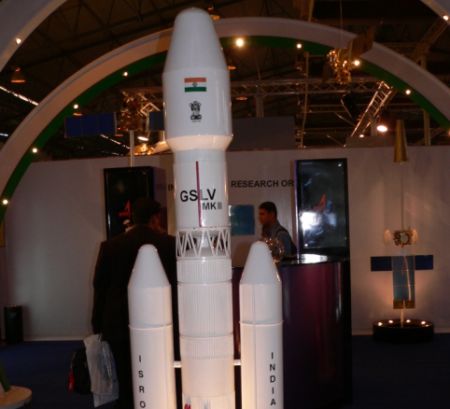India will be bringing in states that are more new-the main reason is that there are very few states and that A States Reorganization Committee has to be assembled to address this issue.
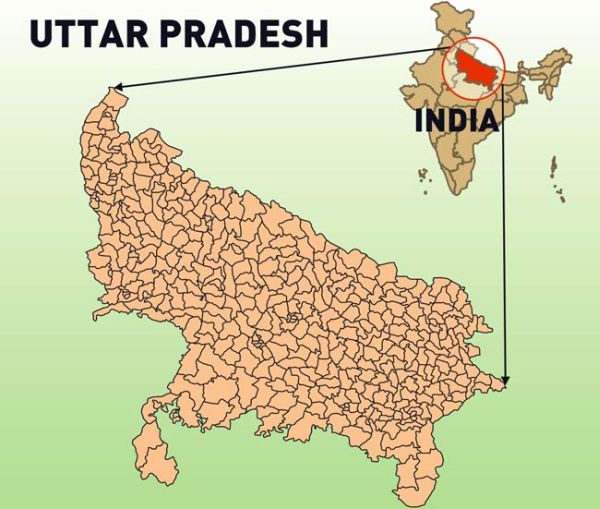
India has 28 states that house over 124 people. It would be futile to assume that India will not be creating any new states. This has become a new way in which to address regional demands without the disruptive and violent results that would normally ensue.
Administrative viability is a reason why new states have to be created, this is largely because some states, like Uttar Pradesh for example, are simply too large to be governed as a whole state. This also seems like a possibility if a larger portion of the people feel that their state would be better governed if they were put into a separate state, then the creation of a new state is quite possible.
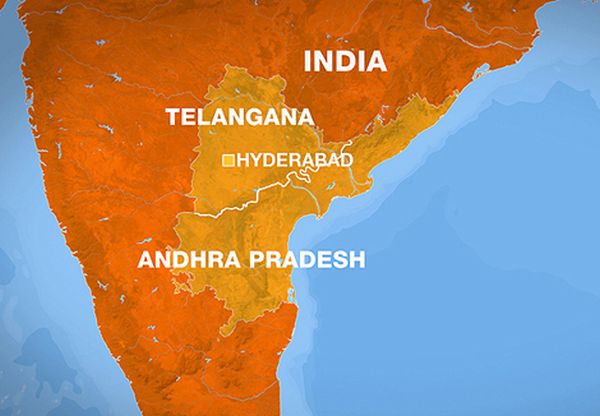
The 29th Indian state- Telangana was a very messy situation. Andhra Pradesh is currently caught up in reorganization itself and amidst electoral calculations; the convenience and timing are left to the Congress.
Where objections are concerned, there do not seem to be any real valid ones. The division of a state is that it divides a state that a homogeneous population is divided into two and this division may not always affect the flourishing of language and culture.
During colonial rule the creation of linguistic states was necessary so that the languages could develop along the lines of institutional support. However, since these two objectives have been reached, they are no longer a valid reason why states should not be divided.
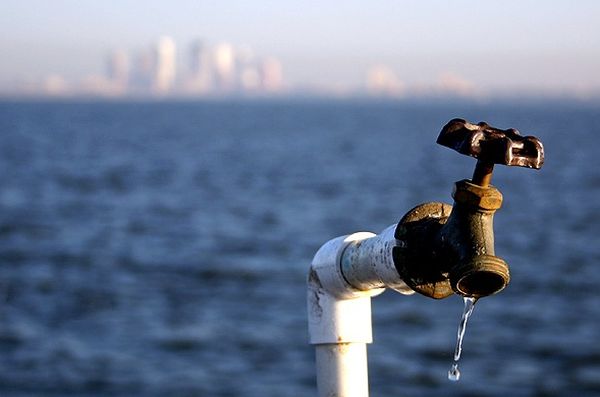
Administrative is a more appropriate reason and an issue that division would address. This would also require a demonstration of the ability of each state to raise their own resources. The existing water supply management is most likely to be disrupted. This of course can be addressed by demarcating water entitlements so that they do not interrupt the division of states.
India is rapidly urbanizing and a number of people are moving from villages to cities at increasing rates. The building of completely new cities to accommodate this using the latest techniques in water supply, energy usage, and waste management seems like a good idea.
Creation of new towns can lead to tradeoffs between the filth of old cities to the open spaces of new ones.


